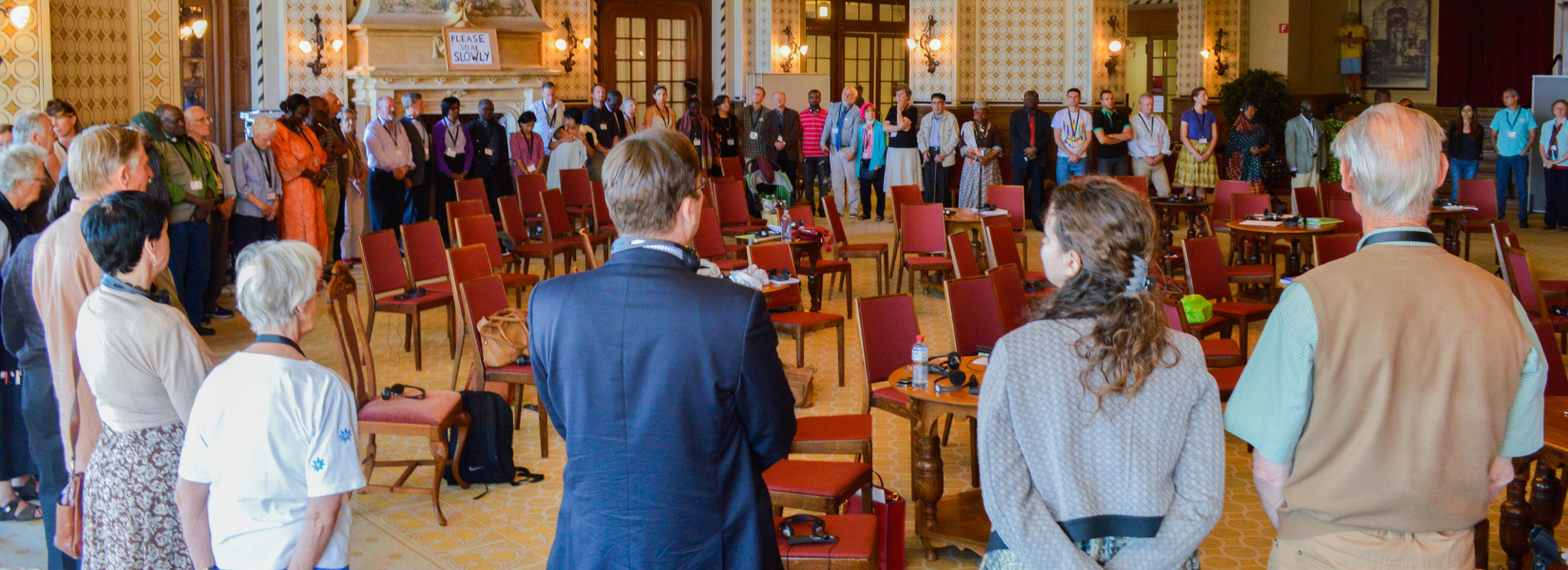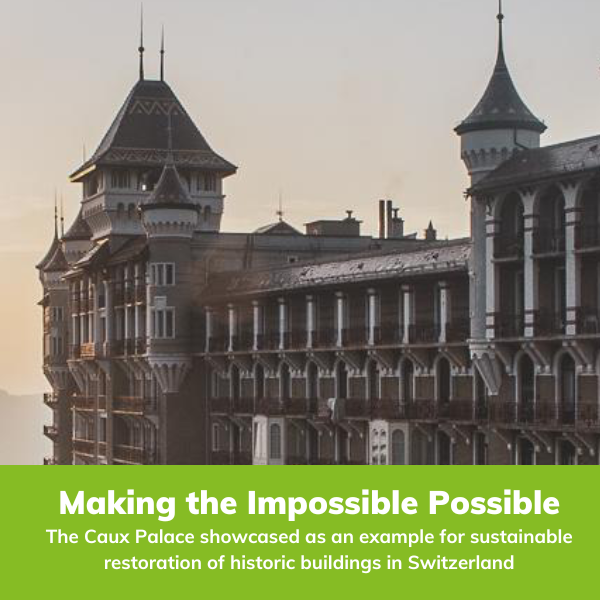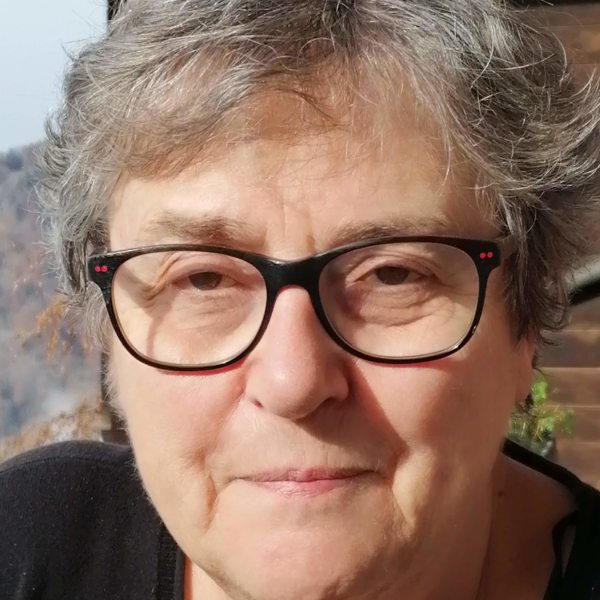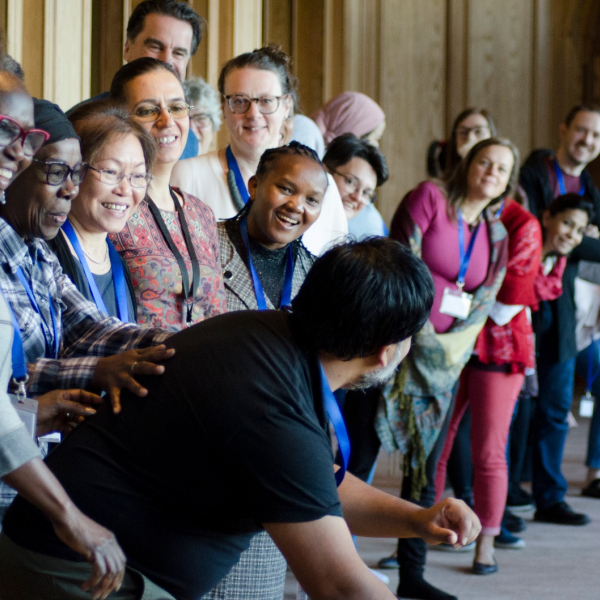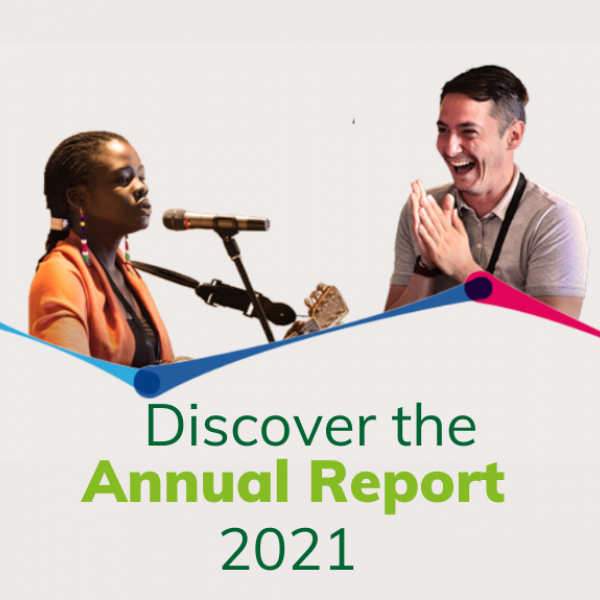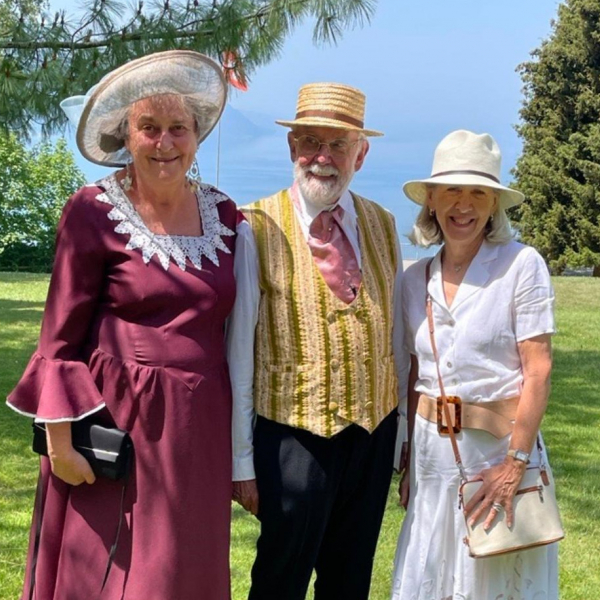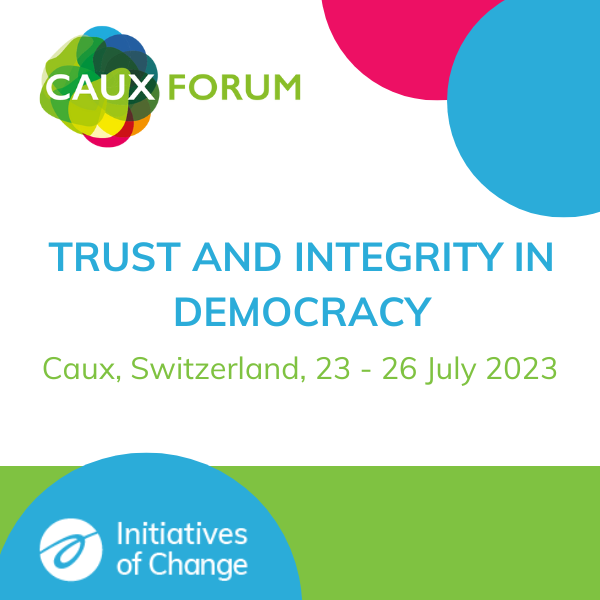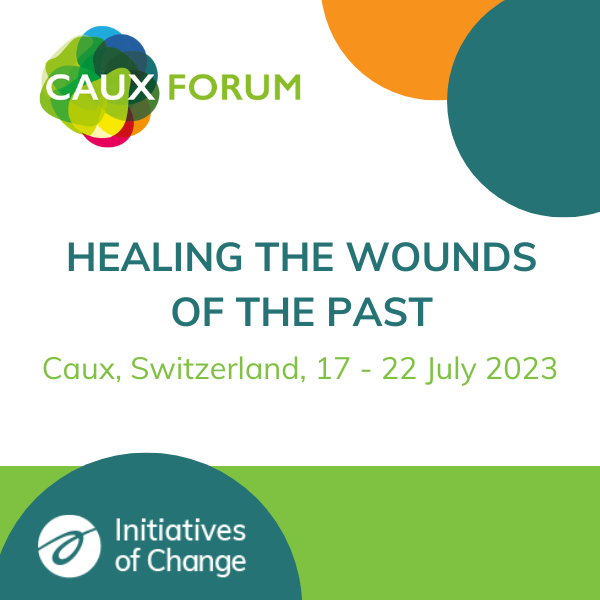Closing of Just Governance conference 2015
11/07/2015Michael Møller, Director General of the UN Office at Geneva, spoke this week at the Caux conference on Just Governance for Human Security. ‘It is our joint responsibility to close the gap, to work outside the box, to transform talk into action and to create new structures,’ he told the 250 participants.
During his visit he heard about initiatives which are helping recovery among Burundians traumatised by conflict, building understanding between Greek and Turkish Cypriots, creating platforms for women to contribute to Mali’s national affairs. On return to Geneva Mr Møller tweeted his network, saying the conference ‘highlighted the enormous potential of civil society.’
The five-day conference brought people to Caux from 44 countries. Together they sought creative responses to challenges confronting their nations.
Bedan Mbugua of Kenya’s Fountain Media Group said that he had founded the Group because Kenya needed a media organisation with a strong social purpose. Their TV station has enlisted 500 businesses who have pledged to outlaw bribery. They are publicising the massive ‘Mothers Against Drug Abuse’ campaign. On the day Bedan spoke, the BBC carried news that, following this campaign, the police were cracking down on the illegal alcohol which kills hundreds of Kenyans each year.
The Swiss Department of Foreign Affairs sponsored 25 leaders, government and civic, from Mali, Chad and Niger. Many of them are involved in mediation initiatives in their countries, and a workshop led by UN mediation experts from Northern Ireland and Italy attracted a large audience. They also took part in workshops on responses to violent extremism, where they were joined by Somali Members of Parliament, a senior official from Nigeria, and NGO leaders from many regions of Africa and the Middle East. They heard Neil Buhne, Director of the UN Development Programme in Geneva, on the Sustainable Development Goals, and agricultural scientist Ian Robertson from Zimbabwe on ‘Freedom and Food Security’.
 Armenians and Turks came to search for how to overcome the hostility resulting from their brutal history. The dialogue was intense, and they plan the next meeting in Turkey. The screening of a film on the war in Eastern Ukraine inspired a moving apology to the Ukrainian participants from eminent Russian historian Andrei Zubov. Professor Zubov was dismissed from Moscow’s Institute of International Relations when he wrote an article condemning Russia’s occupation of Crimea.
Armenians and Turks came to search for how to overcome the hostility resulting from their brutal history. The dialogue was intense, and they plan the next meeting in Turkey. The screening of a film on the war in Eastern Ukraine inspired a moving apology to the Ukrainian participants from eminent Russian historian Andrei Zubov. Professor Zubov was dismissed from Moscow’s Institute of International Relations when he wrote an article condemning Russia’s occupation of Crimea.
Later, in a plenary on ‘The qualities of a change-maker’, Zubov spoke of his faith, as an Orthodox Christian, and his sense of duty as a historian, which compelled him to speak out despite the consequences. He also joined Alexander Zinchenko, Deputy Director of Ukraine’s Institute of National Memory, in a workshop on ‘dealing with the past’ which focused on tragic events in the history of both countries, and explored steps towards healing.
All these issues are crucial to the development of just governance and human security. At the final meeting, a stream of participants told of new insights and approaches on the challenges they face in their home situations.
